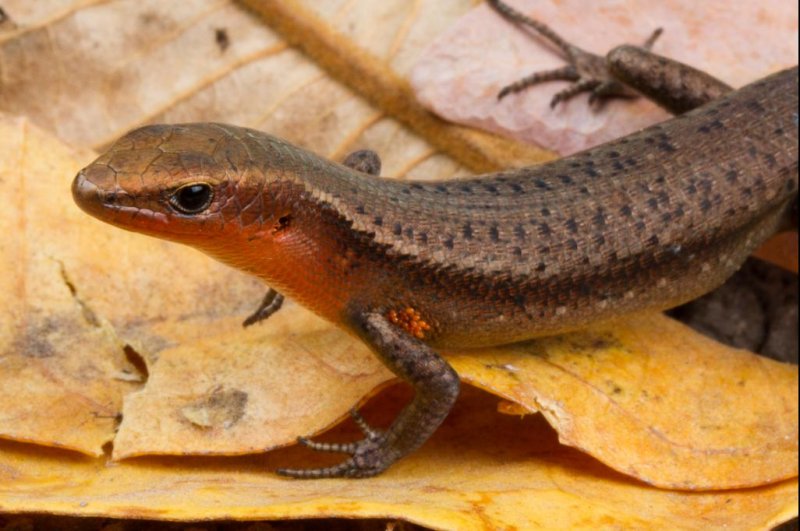CAIRNS, Australia, Jan. 15 (UPI) -- A new study found lizard species that deal with a diverse array of weather conditions are better equipped to handle climate change.
The conclusion is based on a concept known as the Rapoport's rule, which proposes the latitudinal ranges of plants and animals are larger at higher altitudes. The thinking goes that weather variability is greater at higher altitudes, and so species that thrive there are able to adapt to a wider range of ecological conditions.















